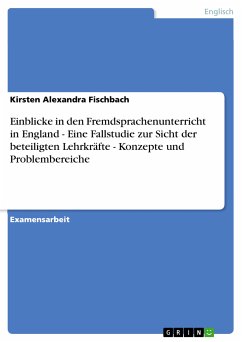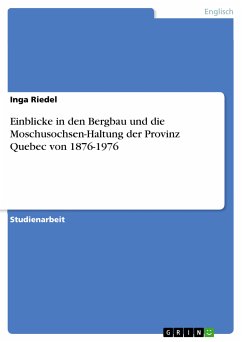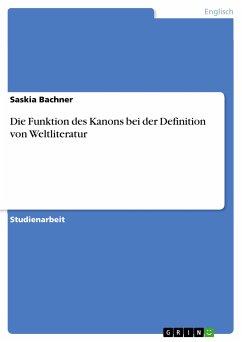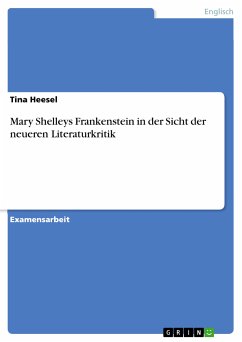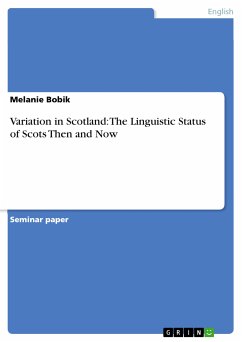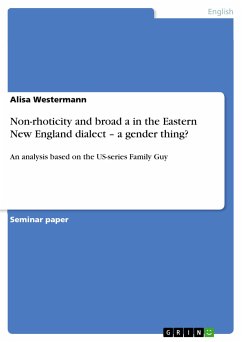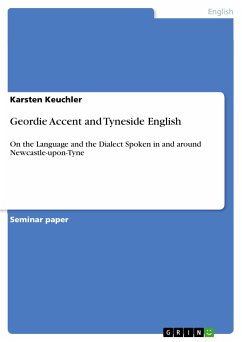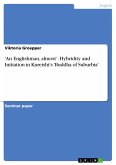Examensarbeit aus dem Jahr 2002 im Fachbereich Anglistik - Linguistik, Note: gut, Justus-Liebig-Universität Gießen (Institut für Anglistik), Sprache: Deutsch, Abstract: In recent decades the teaching of Modern Foreign Languages (MFL) in secondary schools in the UK has witnessed a number of important developments. Concepts have gone in and out of fashion and there have been considerable innovations in the field of educational technologies. The case study carried out in the John Taylor High School (JTHS) in Staffordshire affords insights into the MFL teaching in England and is based on the teachers’ point of view. Because of the current MFL teaching methodology, which is characterised by an emphasis on communicative competence, all the teaching concepts in JTHS ultimately aim to develop independent communication by their students. The so called Communicative Language Teaching (CLT) is used as a methodological framework in this essay, which encompasses a number of different teaching concepts. Every concept discussed in the essay is selected with the help of the questionnaires and survey sheets distributed amongst teachers and students. The essay has a few theoretical explanations which are based on the statutory framework governing MFL teaching in England and also the JTHS department´s aims and objectives. The main conclusions of this research are: The MFL teachers in JTHS are convinced that each individual teaching approach will be right for some learning situations. They tend to use a varying range of teaching approaches in order to prepare their students for autonomous learning. For teachers in the MFL department it is very important to recognise that pupils are individuals with different needs – for instance, due to their ability, gender, interests, motivation, self- concept and self-esteem – and that, therefore, no teaching group is homogenous. It must be remembered that all MFL teaching groups are different. Each has its own range and mix of pupils needs. For this reason the teachers use individual and varied styles of working. The way in which the entire NC is organised will effect how MFL is taught. A major task for the MFL department is to translate National Curriculum (NC) programmes of study into schemes of work, which are then differentiated for the range of pupil abilities. A wide range of resources should help them to choose the most effective ways to maximise the progress of all learners. The growing emphasis on communication as the prime purpose of MFL has placed grammar in a secondary position. Grammar can be taught and learnt in a formal and an informal. [...]

